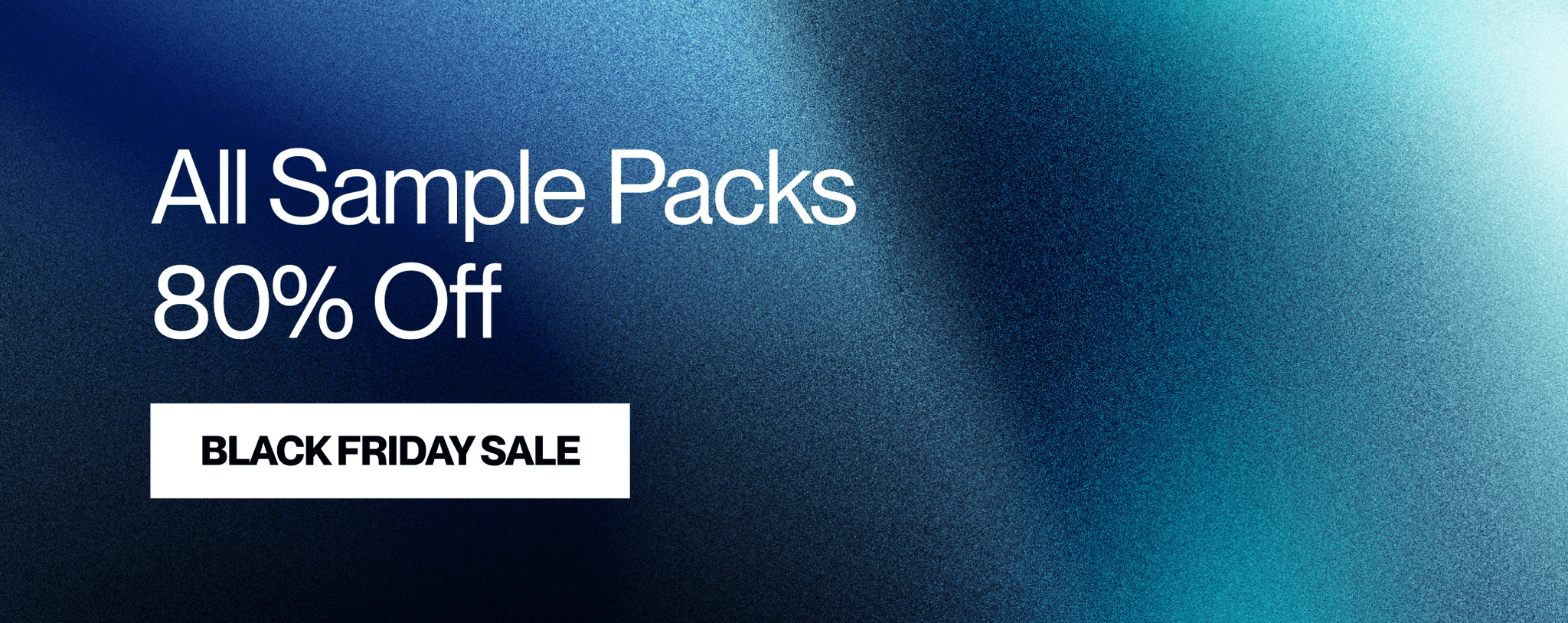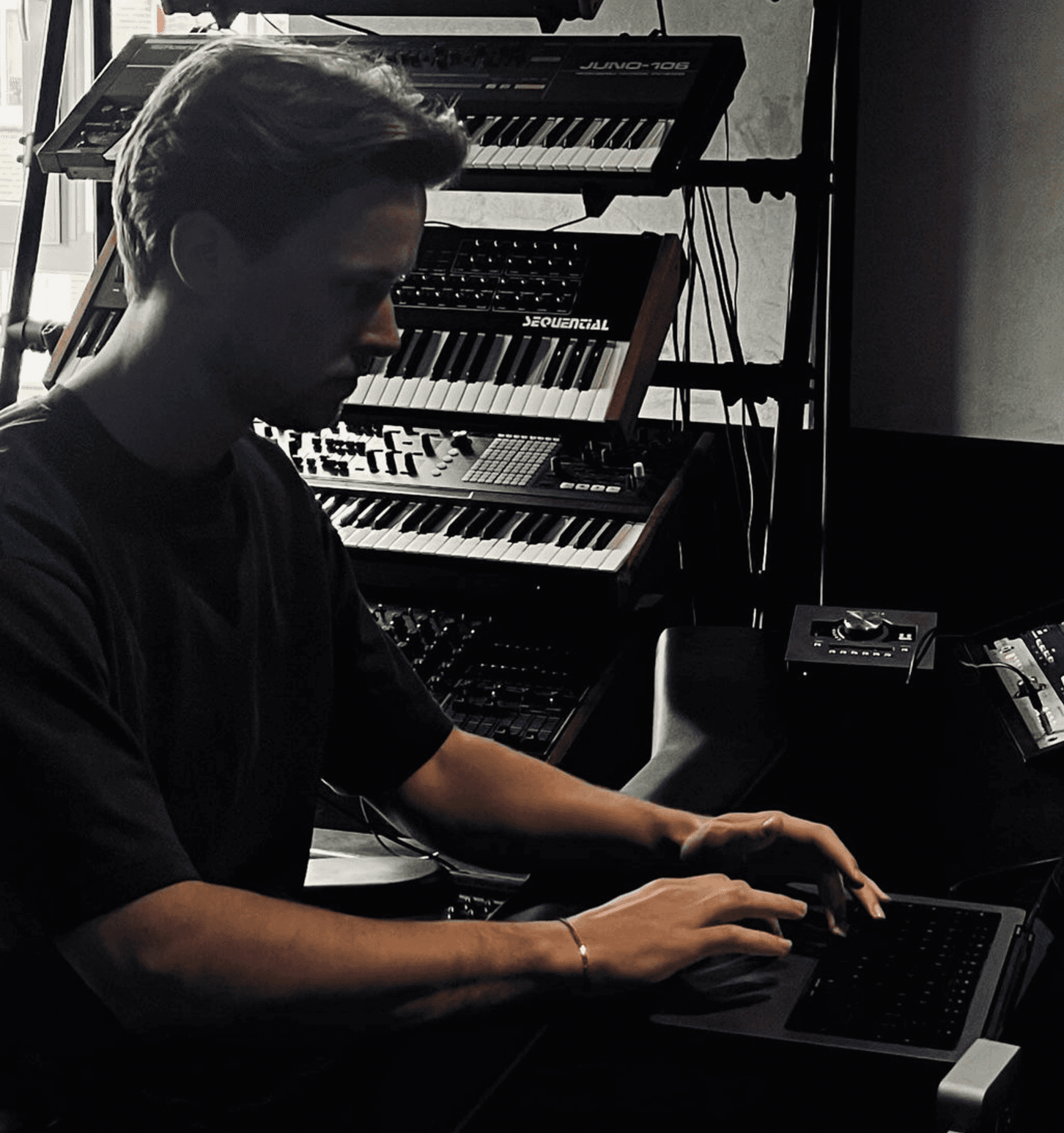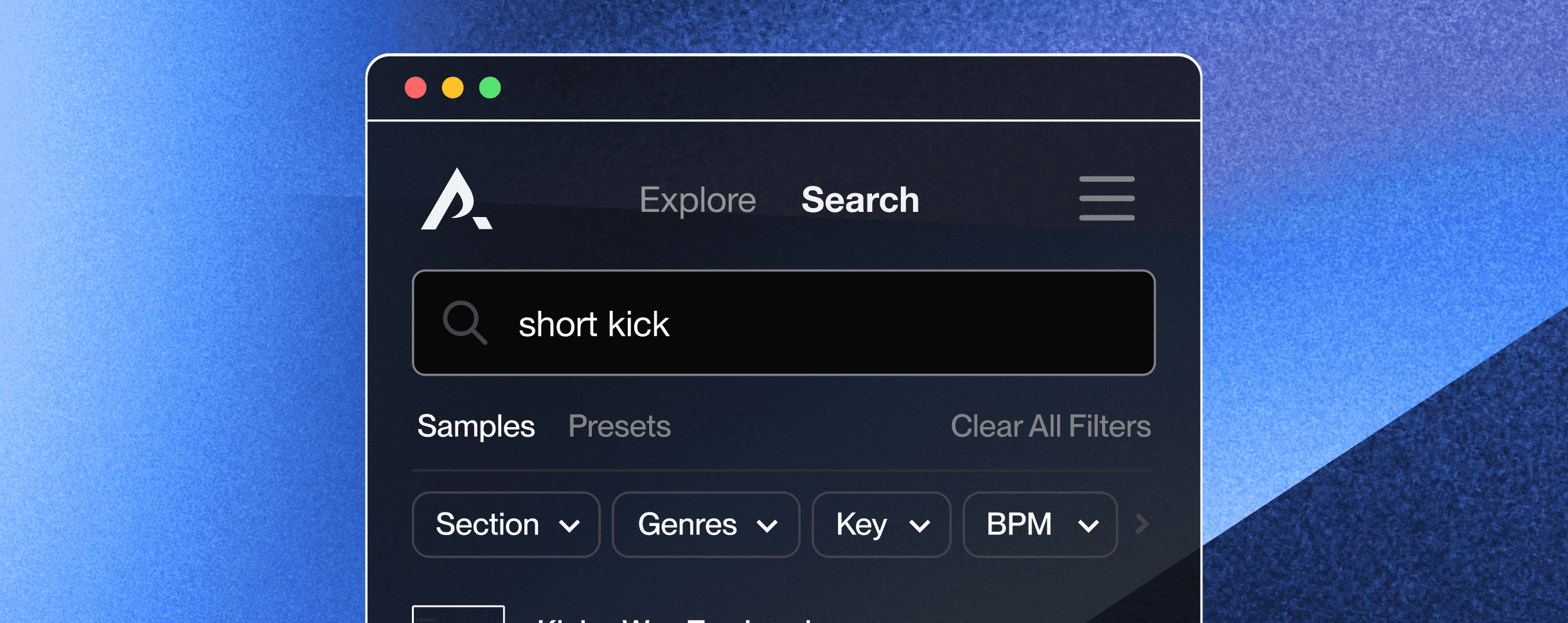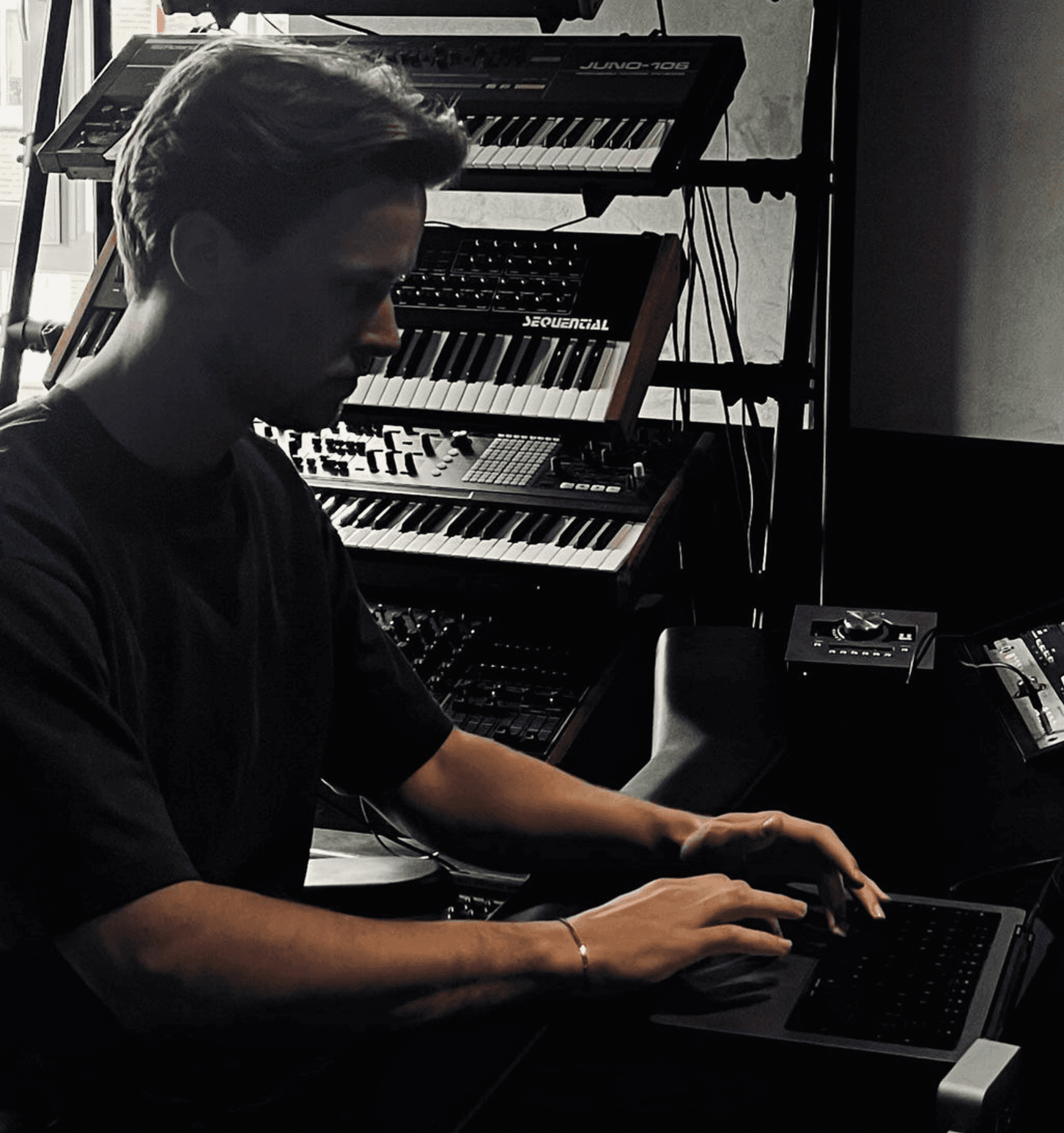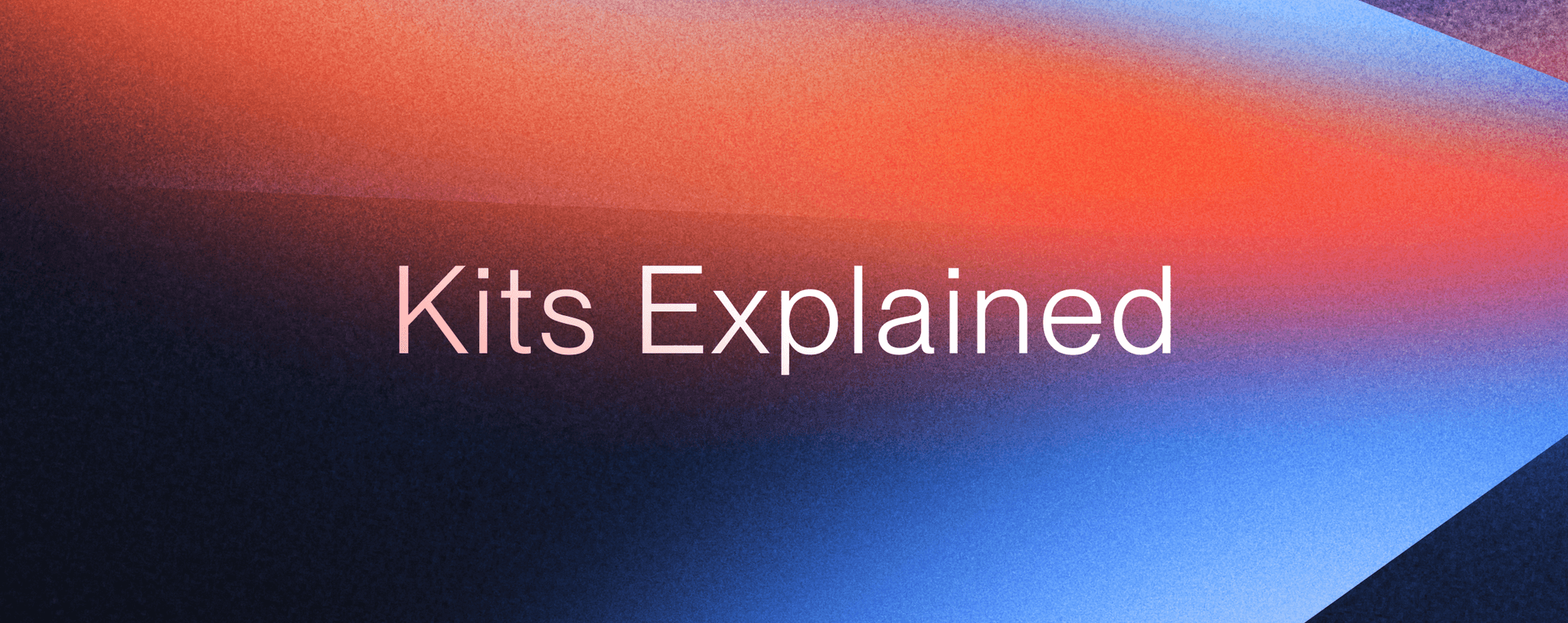
Hendrik Barendsen
Beat Making
5
min read
Mar 27, 2024
choosing the right beat-making software, or Digital Audio Workstation (DAW), is crucial for crafting chart-topping tracks. With a plethora of options available, navigating through the choices can be overwhelming. In this article, we'll explore five prominent DAWs—Ableton, FL Studio, Logic Pro X, Studio One, and Pro Tools—analyzing their unique features, famous hip-hop producers who swear by them, as well as their pros, cons, and pricing structures.
Ableton sets itself apart with its innovative session view, tailored for live performance and improvisation. Its flexible workflow allows seamless integration of loops and samples, making it a favorite among electronic and hip-hop producers. Renowned hip-hop producers such as Ye, Flying Lotus, and Metro Boomin rely on Ableton for its versatility and real-time manipulation capabilities.
Pros
Intuitive session view for live performance
Flexible workflow for experimentation
Extensive library of built-in instruments and effects
Seamless integration with hardware controllers
Cons
Steeper learning curve for beginners
Limited built-in sound libraries compared to some competitors
Pricing
Ableton Live 12 Standard - $302, Suite - $648
Checkout this beginner's guide for Ableton 12 by Ethan Davis where he shares some great insights!
FL Studio, renowned for its user-friendly interface and powerful beat-making tools, has become synonymous with hip-hop production. Its pattern-based sequencing simplifies the composition process, while the extensive mixer and plugin support enable professional-grade mixing and mastering. Hip-hop icons like Lil Wayne, Lex Luger, and Boi-1da have all crafted hits using FL Studio.
Pros
Intuitive pattern-based sequencing
Extensive mixer with numerous effects and plugins
Lifetime free updates for purchased editions
Wide range of third-party plugin support
Cons
Interface may feel cluttered to some users
Pricing
FL Studio Producer Edition - $199, Signature Bundle - $299, All Plugins Bundle - $899
Busy Work Beats made a great tutorial on FL Studio 21!
Logic Pro X, an industry-standard DAW exclusive to macOS, offers a comprehensive suite of tools tailored for professional music production. Its vast library of virtual instruments and effects, coupled with advanced MIDI editing capabilities, make it a top choice for hip-hop producers. Eminem, 9th Wonder, and Just Blaze are among the notable hip-hop producers who favor Logic Pro X for its seamless integration with Apple's ecosystem.
Pros
Sleek interface optimized for macOS
Extensive library of virtual instruments and effects
Advanced MIDI editing capabilities
Seamless integration with Apple hardware and software
Cons
Limited to macOS users only
Higher initial investment for non-Apple hardware users
Pricing
Logic Pro X - $229.99
Charles Cleyn made an in-depth tutorial on Logic Pro X
Studio One, developed by PreSonus, boasts a streamlined workflow and innovative features tailored for modern music production. Its drag-and-drop functionality simplifies the creative process, while the robust audio engine ensures high-quality sound output. Hip-hop producers like Black Milk, Hit-Boy, and Illmind have all embraced Studio One for its efficiency and versatility.
Pros
Intuitive drag-and-drop interface
Robust audio engine for high-quality sound
Integrated Melodyne pitch correction
Comprehensive mastering suite
Cons
Limited third-party plugin support compared to competitors
Smaller user community compared to more established DAWs
Pricing
Studio One 6 Professional - $399.99
In the video below a detailed tutorial about Studio One 6 by Quanta
Pro Tools has long been hailed as the gold standard for professional audio production, including hip-hop. Its powerful editing and mixing capabilities, coupled with extensive hardware integration, make it a favorite among top-tier producers and engineers. Hip-hop luminaries like Dr. Dre, Timbaland, and J. Cole rely on Pro Tools for its industry-leading features and reliability.
Pros
Industry-standard audio editing and mixing tools
Extensive hardware integration with Avid interfaces
Powerful collaboration features
Comprehensive video editing capabilities
Cons
High initial cost and subscription fees
Steeper learning curve for beginners
Limited MIDI capabilities compared to some competitors
Pricing
Pro Tools Standard - $599/year subscription, Pro Tools Ultimate - $99/monthly subscription
Checkout this tutorial by Adam Steel if you're interested in using Pro Tools
This wil hopefully give you some more insight in which DAW suits you the best when putting all pro's and con's in place.
10 Lesser Known DAWs
Besides our list of favorite DAWs to use there are ofcourse many more you could explore. Below we've set up a list of lesser knows DAWs in the industry.
Ardour
Ardour is an open-source DAW primarily designed for Linux, but it also runs on macOS and Windows. It's known for its robust features and versatility.
Reaper
Reaper is a DAW developed by Cockos. While it's gaining popularity, it's still considered lesser-known compared to some industry giants. Reaper is known for its lightweight footprint, customizable interface, and affordable pricing.
Tracktion
Tracktion, also known as T7 or T8, is a DAW that boasts a single-screen interface and is available for Windows, macOS, and Linux. It offers unique features like the ability to arrange multiple audio clips in layers.
Harrison Mixbus
Mixbus by Harrison Consoles combines the digital editing capabilities of a DAW with the analog warmth of a mixing console. It's particularly favored by users looking for a more traditional mixing workflow.
Waveform
Waveform, previously known as Tracktion Waveform, is a DAW developed by Tracktion Corporation. It offers a modern interface, powerful MIDI editing capabilities, and a range of built-in instruments and effects.
MuLab
MuLab is a lightweight DAW available for Windows and macOS. It's known for its modular architecture, allowing users to customize their workflow with virtual instruments and effects.
Bitwig Studio
Bitwig Studio is a relatively new DAW that offers a hybrid workflow combining linear and non-linear approaches to music production. It features advanced MIDI and audio editing capabilities along with extensive modulation options.
Renoise
Renoise is a unique DAW that utilizes a tracker-style interface, popular in the demoscene and electronic music communities. It's known for its precise control over sample manipulation and sequencing.
LMMS (Linux MultiMedia Studio)
LMMS is an open-source DAW primarily designed for Linux, but it's also available for Windows and macOS. It offers a range of built-in instruments and effects, making it a versatile option for electronic music production.
EnergyXT
EnergyXT is a compact DAW available for Windows, macOS, and Linux. It's known for its streamlined interface and low CPU usage, making it suitable for users with older hardware or those prioritizing performance.
Conclusion
Selecting the best beat-making software hinges on factors such as workflow preferences, desired features, and budget constraints. Each of the DAWs discussed—Ableton, FL Studio, Logic Pro X, Studio One, and Pro Tools—offers unique strengths tailored to meet the diverse needs of hip-hop producers. Whether you prioritize real-time performance capabilities, intuitive composition tools, or industry-standard audio quality, there's a DAW perfectly suited to elevate your beat-making game. Ultimately, experimenting with trial versions and seeking advice from seasoned producers can help you find the ideal software to bring your musical visions to life.


